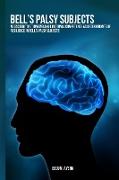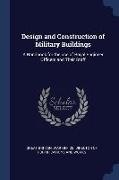Metacognitive thinking and emotional competence as determinants of resilience in Bell's palsy subjects
BücherAngebote / Angebote:
The present research was conducted in two parts i.e. PART-A (Pre-test) and PART-B (Posttest). PART-A dealt with the study of relationship and relative contribution of Metacognitive Thinking and Emotional Competence in determination of Resilience among Bell's palsy subjects, while, PART-B dealt with the study of effectiveness of psychological intervention using Mindfulness Based Stress Reduction (MBSR) Technique on Metacognitive Thinking, Emotional Competence and Resilience respectively among Bell's palsy subjects. The sample of the study (PART-A) consisted of 109 Bell's palsy subjects. The age range of the sample would be 20-45 years. Metacognitive Thinking Scale by Sandhu and Goel (2010), Emotional Competence Scale by Bharadwaj and Sharma (1998) and Bharathiar University Resilience Scale (BURS) Form A by Annalakshmi (2009) were used to obtain the raw scores for statistical analysis. Correlation design was used for the present study. Multiple Regression was used to analyze the raw data. The result showed that Metacognitive Thinking and Emotional Competence are positively and significantly correlated with Resilience among Bell's palsy subjects. There is a positive and significant correlation between Metacognitive Thinking and Emotional Competence among Bell's palsy subjects. Contribution of Metacognitive Thinking has been found be more as compared to Emotional Competence in the determination of Resilience. Further, in PART-B, result suggested that there is a positive significant effect of psychological intervention using Mindfulness Based Stress Reduction (MBSR) Technique on Metacognitive Thinking, Emotional Competence and Resilience respectively among Bell's palsy subjects with low resilience
Folgt in ca. 10 Arbeitstagen

